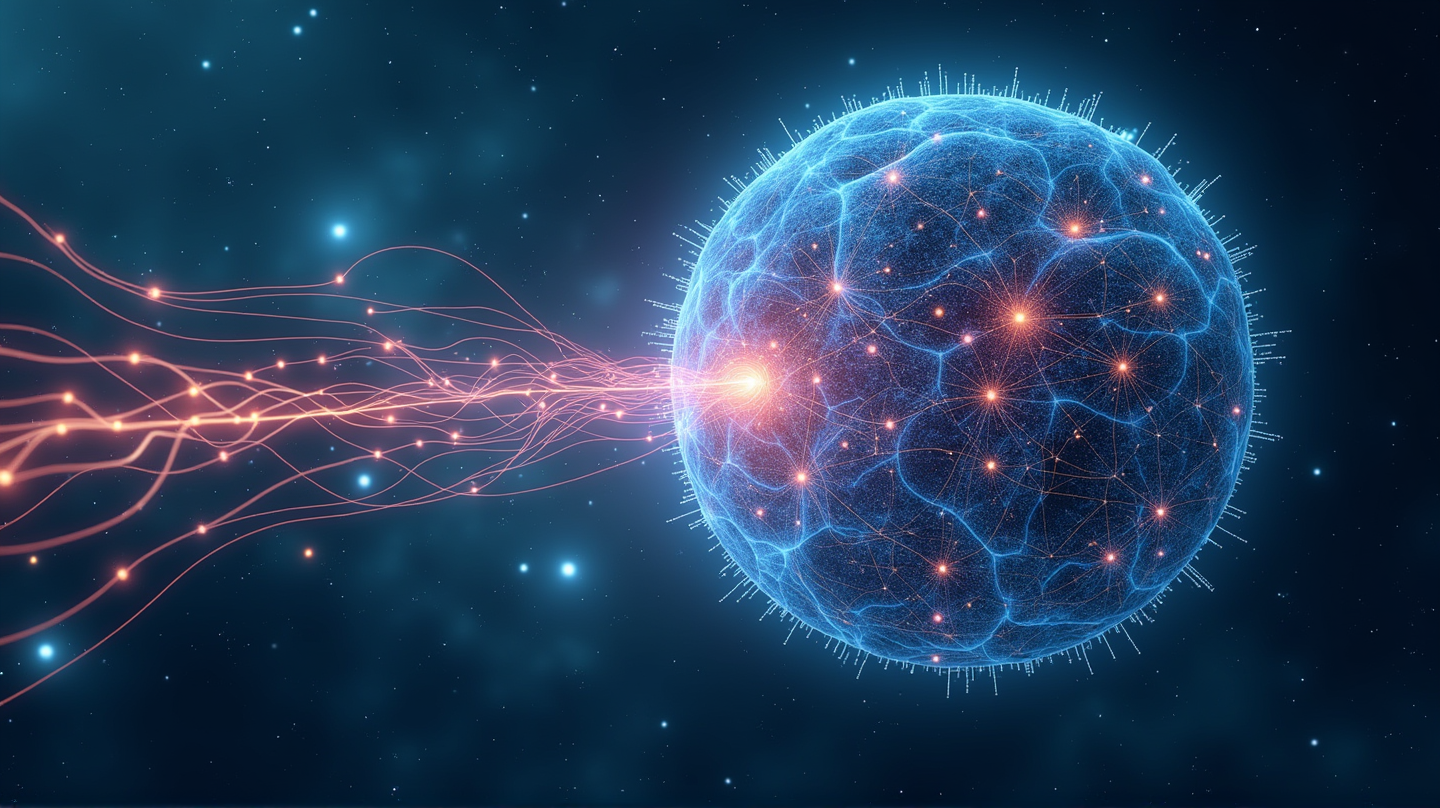Generative AI Pioneers New Horizons in Parkinson's and Space Medicine
Generative AI is reshaping Parkinson's treatment and space medicine, aiding groundbreaking collaborations between NASA, Google, and researchers.

Generative AI is at the forefront of a transformative movement in both Parkinson’s drug development and space medicine. How is this cutting-edge technology revolutionizing these fields? Let’s explore the innovative approaches and collaborations that are setting new frontiers.
Breakthroughs in Parkinson’s Drug Development
Generative AI is remarkably accelerating the drug discovery process for Parkinson’s disease. Researchers are leveraging machine learning to rapidly sift through enormous chemical libraries to identify potential compounds that might alter disease progression. This not only speeds up discovery but promises to reduce costs, improving accessibility for millions affected by Parkinson’s. Insights from Cambridge and ongoing research underline the significance of these advancements.
In the pharmaceutical industry, AI’s ability to target alpha-synuclein—a protein linked to Parkinson’s—demonstrates its utility in crafting new treatment pathways. As AI continues to evolve, its potential to devise drugs and amplify existing treatment strategies offers hope for disease-modifying therapies, a landmark yet to be achieved.
NASA and Google’s Space Medicine Revolution
In a pioneering venture, NASA and Google are integrating AI into space missions to enhance astronaut healthcare. This ambitious collaboration utilizes Google’s AI technologies to develop real-time diagnostic and therapeutic systems vital for long-duration missions. These systems aim to offer autonomous medical support, an essential development for lunar and Mars missions where earthbound intervention is not feasible. Such technology foretells a future where AI-driven healthcare not only supports astronauts but could transform medical systems on Earth, particularly in remote areas.
Public enthusiasm is high, inspired by discussions on platforms like Space.com, as AI systems hold promise for both space and terrestrial healthcare, marking a new era for space exploration and global health.
AI: The Catalyst for Future Space Missions
AI is poised to play a vital role in future space missions, forging new pathways in automation and decision-making. The NASA-Google collaboration to introduce AI into space exploration is advancing safe and self-reliant space travel. Such systems are designed to predict health conditions, offering timely interventions on missions to Mars or the Moon. The collaborative approach unveils a promising future for space exploration and elevates expectations for AI in remote environments.
Navigating Opportunities and Challenges in AI-Driven Healthcare
AI’s integration into healthcare presents significant opportunities alongside its challenges. Its implementation can be complex, requiring updates in infrastructure and new expertise. Nevertheless, AI’s potential for revolutionizing healthcare is profound—enhancing patient care personalization, real-time monitoring, and cost efficiency. These attributes are vital for transforming healthcare landscapes, extending beyond immediate drug discovery, impacting global patient outcomes. Specifically for Parkinson’s, AI mitigates slow traditional treatments, offering a beacon of hope for new medical solutions.
Global Reactions and Future Implications
Public reactions to AI advances in medicine and space are largely positive, heralding an era of accelerated, efficient healthcare solutions. On platforms like Reddit, discussions reflect both excitement for AI’s potential and caution over its ethical and safety implications. The dual-purpose of AI innovations—benefitting astronauts and Earth—fuels optimism for advantageous healthcare applications even in isolated regions.
As AI continues to integrate into these industries, it fosters a globally transformative wave, demanding adaptable regulatory frameworks and international cooperation. Such collaborative strides promise not only to advance scientific explorations but also to reshape diplomatic ties worldwide. The intersection of AI with health and space sets a thrilling precedent for a future enriched with technological synergy and exploration possibilities.

